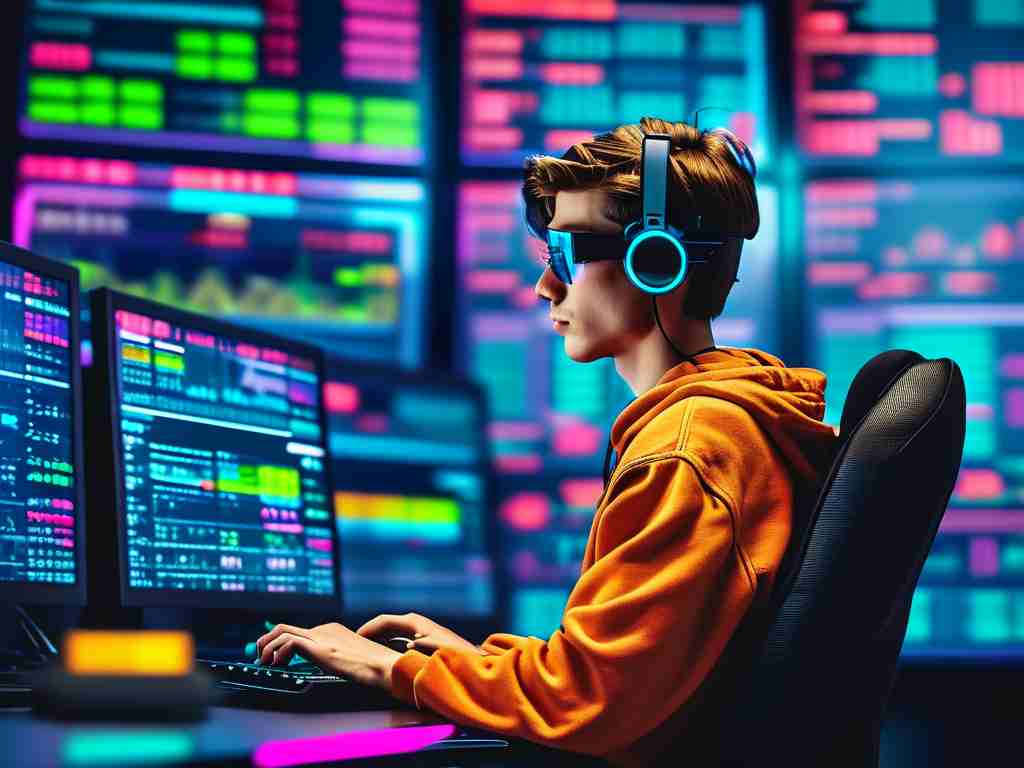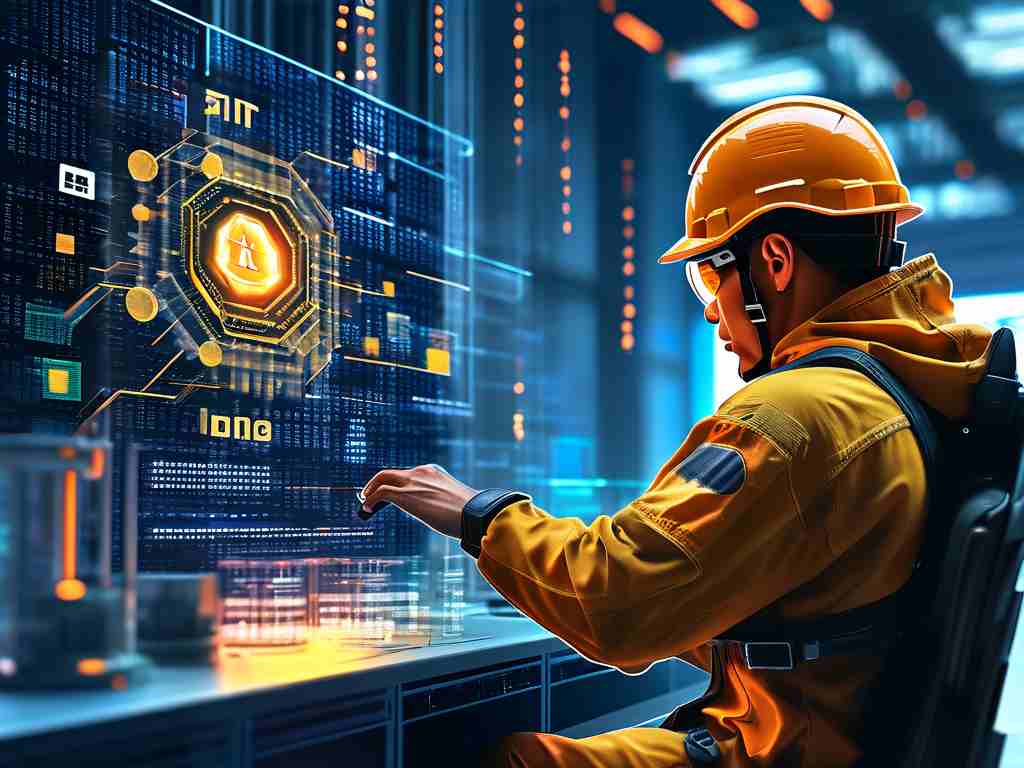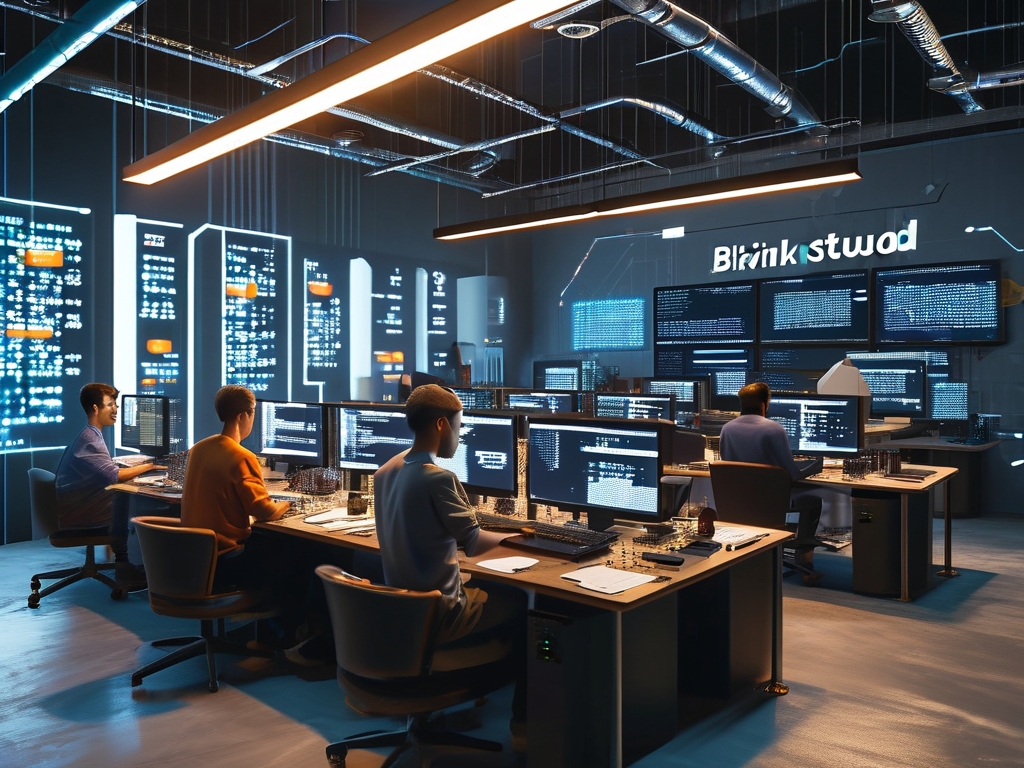The rise of blockchain technology has sparked global innovation across industries, yet one underdiscussed trend is the emergence of blockchain-focused offline studios. These physical spaces combine hands-on technical training with community-driven collaboration, creating hubs where developers, entrepreneurs, and enthusiasts converge to push the boundaries of decentralized systems.

Unlike virtual meetups or online courses, blockchain studios offer tangible environments equipped with tools for prototyping smart contracts, testing decentralized applications (dApps), and hosting workshops. For instance, a studio in Berlin recently launched a 12-week residency program where teams build real-world solutions for supply chain transparency using Ethereum-based frameworks. Such initiatives bridge the gap between theoretical knowledge and practical implementation, addressing a critical pain point in blockchain adoption: the lack of accessible spaces for experimentation.
A key advantage of these studios lies in their role as education accelerators. Many newcomers to blockchain struggle with complex concepts like consensus mechanisms or cryptographic security. Offline studios tackle this through interactive labs. At a Tokyo-based studio, beginners use modular code snippets to assemble basic smart contracts while receiving instant feedback from mentors. This "learn-by-doing" approach reduces the steep learning curve and fosters confidence. One participant noted, "Debugging a Solidity contract in real time with peers helped me grasp gas optimization techniques faster than any tutorial."
Community building is another cornerstone. Blockchain projects thrive on network effects, yet remote teams often face collaboration hurdles. Studios counteract this by curating events like hackathons and governance simulators. During a recent event in Singapore, developers from competing Layer 2 projects collaborated to create a cross-chain asset swap prototype—an outcome unlikely in purely digital settings. These interactions also nurture ethical discussions, such as a San Francisco studio’s monthly forum on balancing decentralization with regulatory compliance.
However, challenges persist. Maintaining physical infrastructure demands significant funding—a hurdle many studios overcome through hybrid models. For example, a Nairobi studio partners with local universities to subsidize costs while offering premium enterprise workshops. Others leverage DAO (Decentralized Autonomous Organization) frameworks, allowing members to vote on budget allocations via token-based governance.
Looking ahead, blockchain studios are evolving into innovation ecosystems. Some now integrate Web3 tools like decentralized identity verification for secure access control or NFT-based membership systems. A Seoul studio recently piloted a "skill-staking" program where participants earn tokens by completing challenges, which can be redeemed for advanced courses—a gamified twist on professional development.
Critics argue that physical spaces contradict blockchain’s decentralized ethos. Yet proponents counter that localized hubs actually strengthen global networks by serving as nodes for specialized knowledge. As one studio founder put it, "We’re not centralizing power—we’re creating launchpads for ideas that ripple across the blockchain ocean."
In , blockchain offline studios represent more than just coworking spaces with a tech focus. They are crucibles where code meets culture, education intersects with execution, and isolated innovators transform into collaborative communities. As the technology matures, these studios may well become the bedrock of blockchain’s next evolutionary phase—proving that even in a digital-first world, human connection remains irreplaceable.









